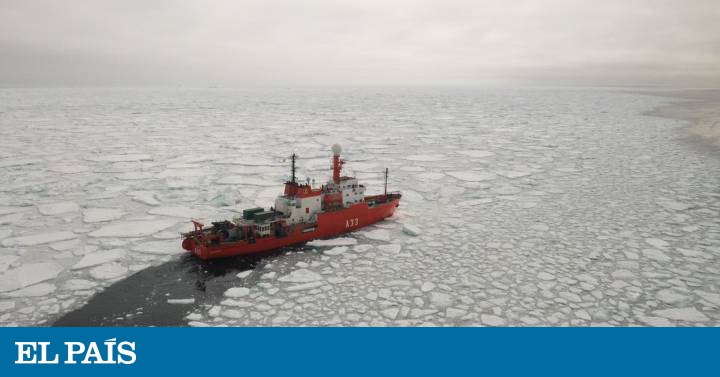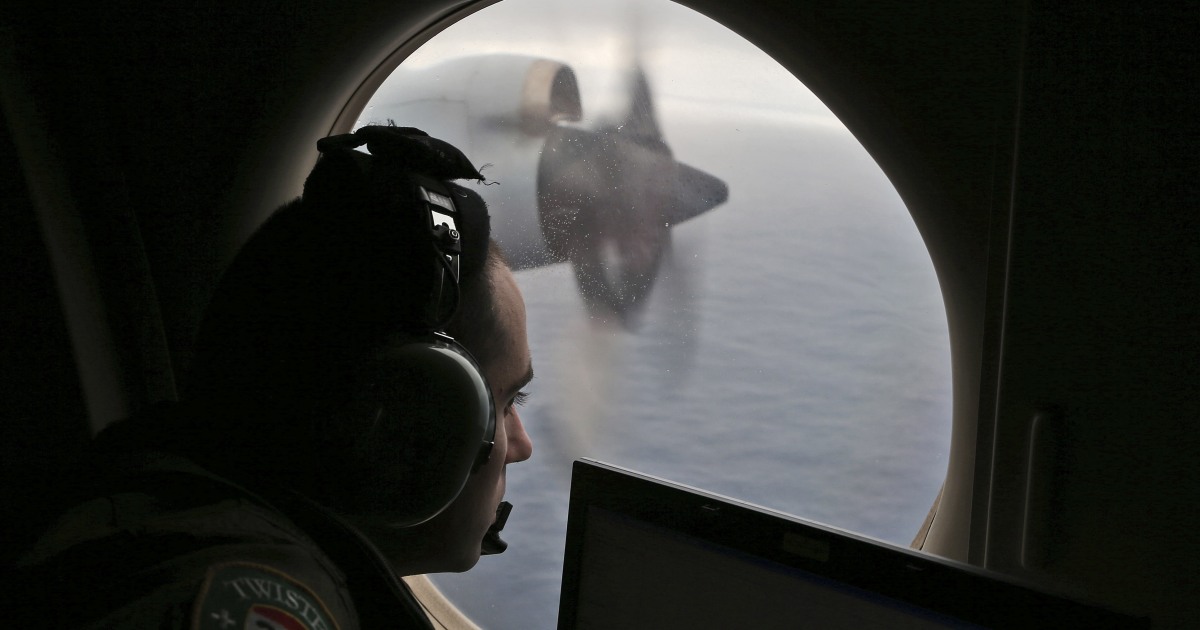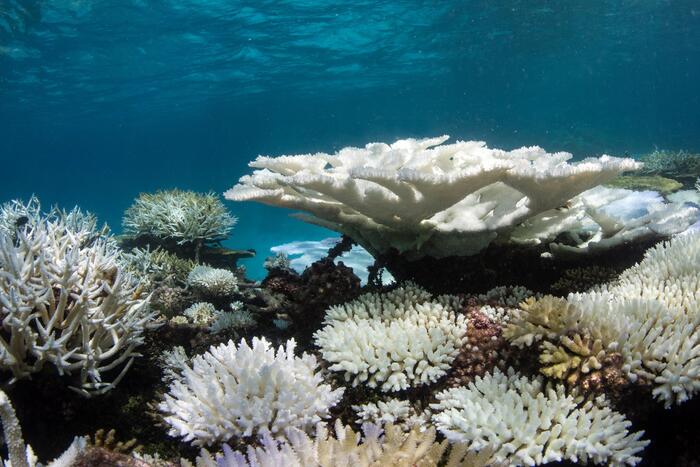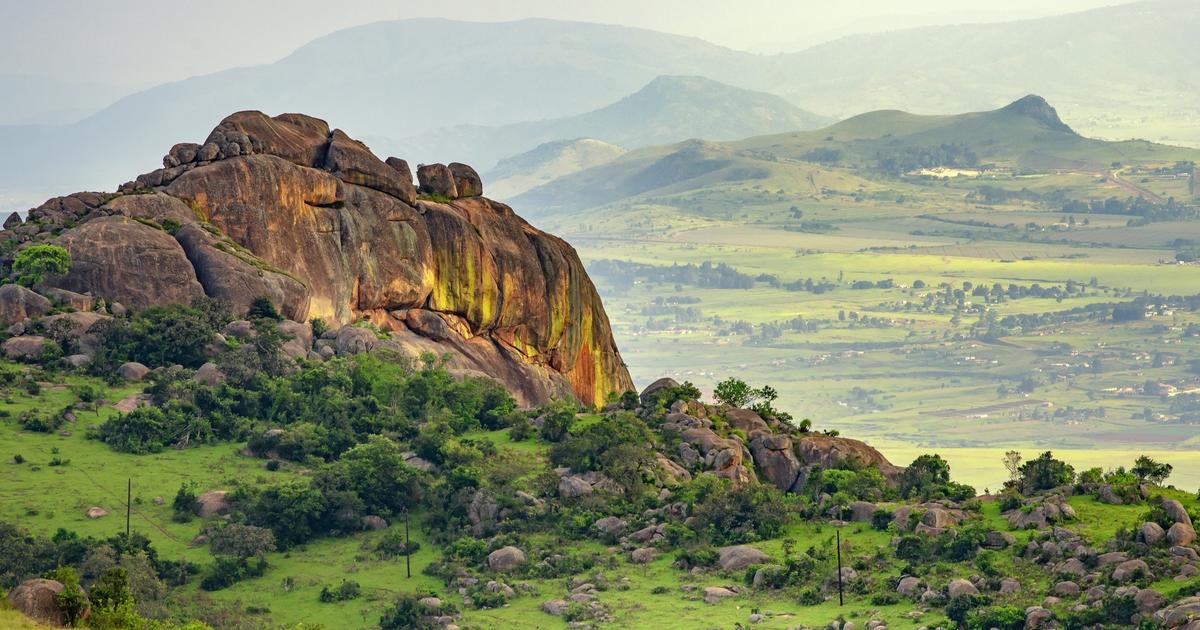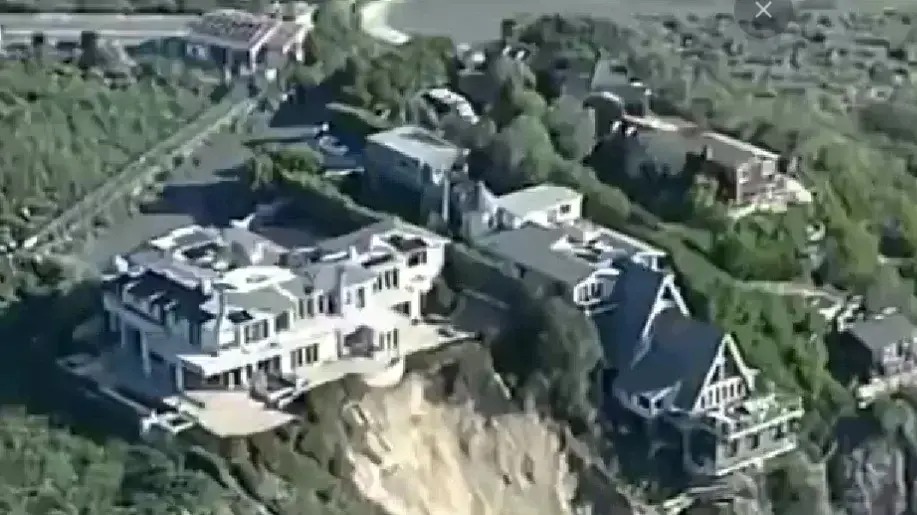There is a large ocean in the south of the world that still conserves almost all its biodiversity intact. Despite the fact that since the end of the 19th century species such as whales and seals were in the focus of bloody hunting campaigns, the populations managed to recover and today it is one of those places that, according to those who submerge, bustles with a extraordinary polar biodiversity. However, a century and a half after the first expeditions of navigators through these waters, they still do not have the level of protection that guarantees the conservation of all their ecosystems. And it has long been a claim of environmental activists, many scientists and almost all governments. But not of all.
This year could be the year of change. And why is 2020 so important? Because at the end of October, if the coronavirus does not prevent it, a new meeting of the Convention for the Conservation of Antarctic Living Resources (CCAMLR) is held in Australia, a forum in which the matter is decided among the 25 member states , plus the EU, and there are still two countries, China and Russia, that are not in the task of protecting more than there already is, that is, around 12% of these polar waters. The problem: any change must be made unanimously.
One of those involved in this battle is Philippe Cousteau, grandson of the famous French oceanographer Jacques-Ives Cousteau and today an environmental activist and educator from his NGO, EarthEcho International. “In these times of economic crisis, it cannot be that we think that by destroying nature we will recover economically from the coronavirus pandemic. Is a lie. We will only be safe with a healthy environment. If we want children to live in a healthy environment, at times like this we need politicians to defend it, "he says forcefully, from his home in California, via Skype.
Cousteau is one of the spokespersons for the Antarctic 2020 coalition, which emerged with the challenge of promoting the conversion of more than seven million square kilometers of the Southern Ocean into marine life sanctuaries this year, that is, almost four and a half million more than what is there now. Specifically, this platform seeks to convert three areas that are considered fundamental to preserve the wealth of Antarctic marine ecosystems into sanctuaries: the Weddell Sea, the environment of the Antarctic Peninsula and three areas in East Antarctica.
Right now almost 12% of the Antarctic surface is marine protected areas, but of these only 4.6% are no-catch areas, according to recent research.
Greenpeace, worldwide, has also been pressing for the approval of a marine sanctuary in the Weddell Sea for a long time, a campaign that involved actors Javier and Carlos Bardem, who traveled to Antarctica and filmed a documentary under the orders of Álvaro Longoria.
"Compared to the rest of the world's oceans, in Antarctica we have some of the healthiest marine systems left," says Cassandra Brooks, one of the authors of a recent and comprehensive investigation, published in the journal PLoS One, on this matter. "The problem is that now they are not protected and that they are habitats that we don't even know well," says the researcher from the University of Colorado. In fact, this is one of the first global studies that have been done on the protection of marine fauna. Antarctic from the coasts to the abyssal waters of the open sea. It is a world of 10,000 species, including whales, seals, penguins, fish, corals, giant sea spiders and so many other living things that, to a large extent, are not found anywhere else. place on the planet.
The study indicates that currently almost 12% of that ocean have a range of Marine Protected Areas, but only 4.6% of them are free of captures, that is, practically only the Ross Sea, which is a sanctuary. Expanding this area is, therefore, in the hands of the members of the CCAMLR. Incidentally, this 12% includes five sets of subantarctic islands that have national jurisdictions, but which are managed with the rules of the International Convention.
According to the researchers, extending the maximum protection to these seven million square kilometers, 22 of the 23 benthic regions would be represented, that is, Antarctic seabeds, which exist: 17 would be with more than 10% and up to 12 with at least one 30% of what they occupy. Currently, on the contrary, nine are, and only six prohibit fishing catches (which are those of the Ross Sea). In the others, you can fish, and not a little because of the commercial success of the so-called black or Patagonian hake and krill. In short, today 61% of the benthic ecoregions in Antarctic national waters remain unprotected, but so are the international ones, and therefore, most of the ecosystems.
The researchers defend in PLoS One the protection for the same areas proposed by the Antarctic platform 2020, areas that they say would account for 75% of marine ecosystems. Thus, almost all pelagic groups in that ocean would be safe, at least in part, something especially important in a context of climate change. "As marine scientists, it is important that we have places where we can really study healthy systems, although in this case they suffer from climate stress," Brooks acknowledges.
Cousteau is convinced that China and Russia will finally change their minds in the autumn to get their votes, and he hopes they see it as an opportunity. “This year marks the bicentennial of the pioneering arrival in Antarctica of Russian sailors Bellingshausen and Lazarev, so Russia has the opportunity to present itself to the international community as protector of the place it discovered. My grandfather and father were in the Arctic. The first one even received the Order of the October Revolution in 1972. For this reason I appeal to his memory so that his Government reconsiders its position. And with respect to China, at this time it would be very good for its global image to join a goal as big as this, "he says. Furthermore, he believes that Germany, France and Spain have an important role. “Spain is now an advisory member with CCAMLR and is in a good position to influence these countries. This objective is a symbol at a global level, something real that would mean a critical change for the oceans with a single action ”, he assures.
And is that the Southern Ocean is crucial. It stores 90% of the world's fresh water, drives global ocean circulation, and regulates Earth's climate. In the words of Casssandra Brooks, "all systems on Earth depend on it." The point is that, as she comments, as the temperatures rise, the marine fauna she welcomes travels further south, towards the cold, but one day there will be no more south to go south. " "Adopting this level of protection would be an important milestone in the right direction," says Brooks.

